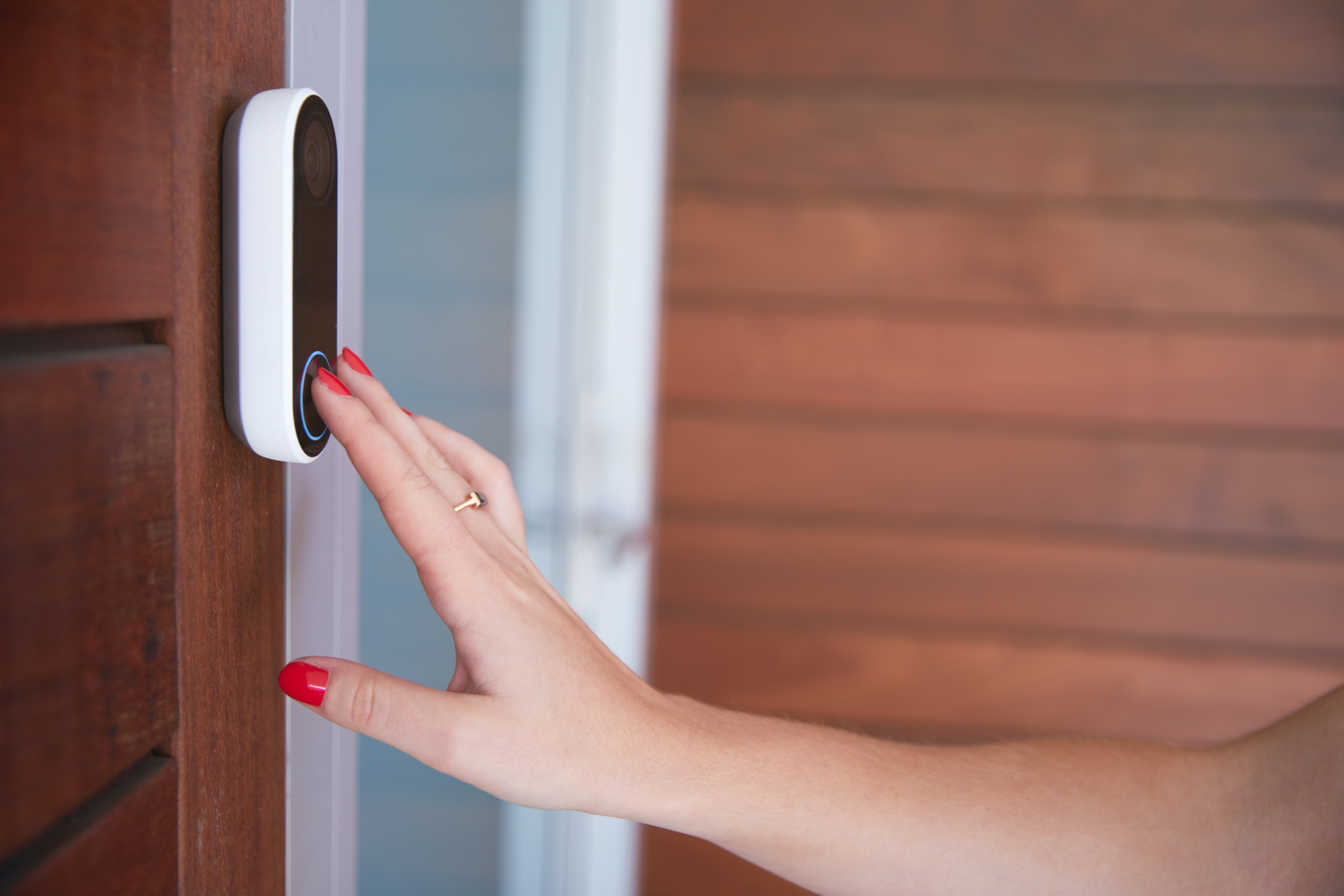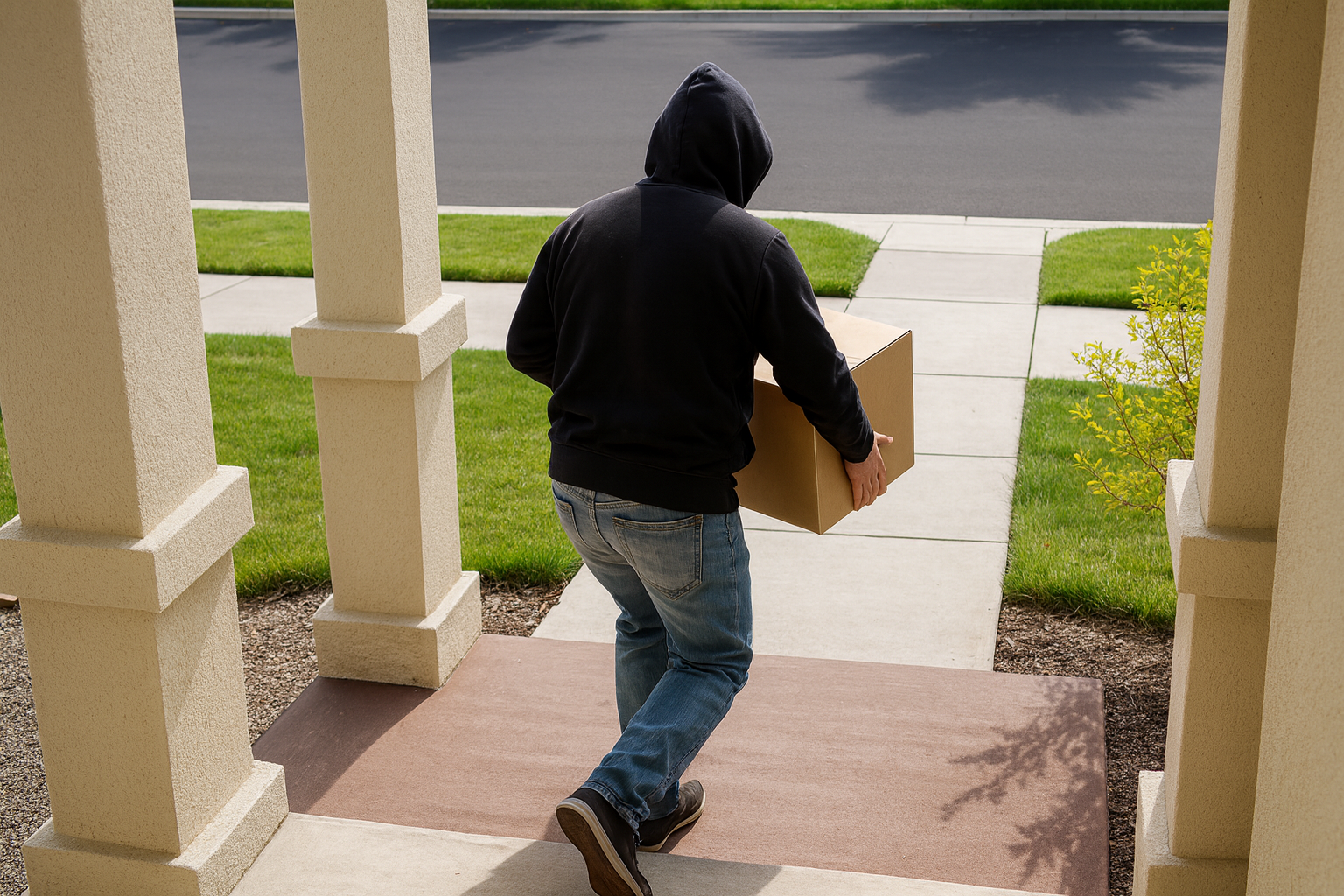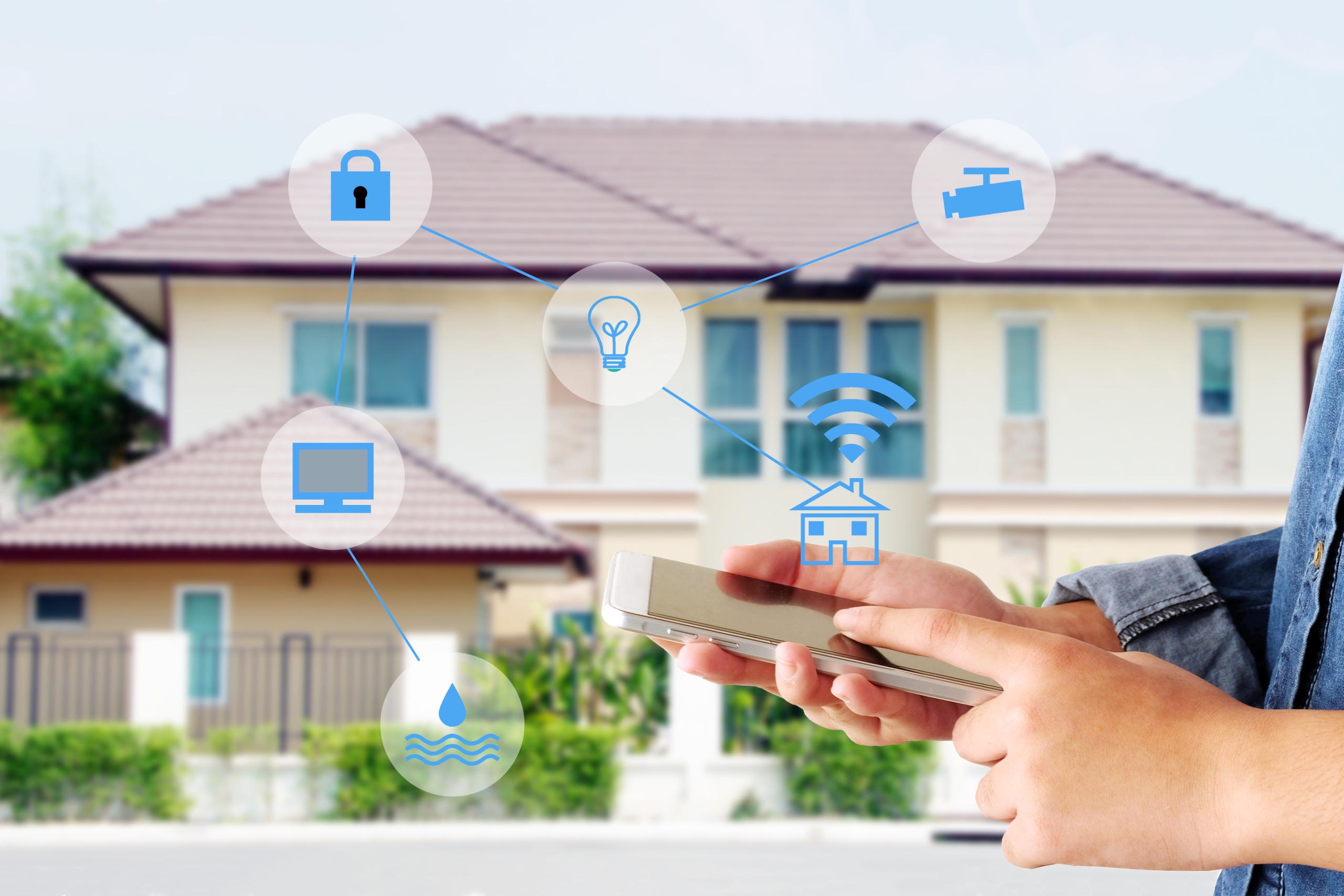
The Growing Popularity of the Camera Doorbell
Camera doorbells have gained popularity over the past few years. They are an affordable, discrete way of protecting the home and the family, as well as of managing deliveries and guest arrivals, without being physically present at the front door. They are popular amongst individuals living alone and families and have begun to appeal to every generation, giving elderly homeowners an added sense of security too.
Privacy Concerns
Camera doorbells can be connected to all manner of smart home assistants and Internet of Things (IoT) devices to facilitate all-around home automation, including instant alerts, security recordings, and voice interaction with people outside the home. They provide a greater sense of confidence, and afford the homeowner a more efficient way of living.
But the benefits of a video doorbell do come with just a few considerations. Put simply, homeowners must consider the risks to their privacy, and the privacy of their neighbors.
Though almost all camera doorbell manufacturers promise privacy and encryption (on data), the devices can still be subject to hacking, particularly if the recordings and data are stored in the cloud. The risk is minimal, nevertheless, it is still important to familiarize oneself with what can be done to safeguard smart devices.
How to Protect Neighbors’ Privacy
In some instances, camera doorbells have helped the authorities catch the perpetrators of crimes, especially theft or criminal damage. The motion-activated recorded footage from these devices can be invaluable in identifying the criminal and proving the crime; and, as a result, act as an effective deterrent too.

More often, however, camera doorbells that have been installed incorrectly have been the cause of disputes between neighbors and, in some cases, lawsuits. Inadvertently capturing video or audio recordings of someone not in the household, outside the property boundary, can result in a fine if that person feels their privacy has been infringed upon.
It’s also important to be mindful of the potential privacy invasion posed to neighbors from the doorbell’s camera reach and coverage. To ensure proper installation of the video doorbell, here are some helpful tips.
- Direct the camera. Point the camera doorbell away from the neighbor’s front yard, windows, bathrooms, and doors. The camera should never be pointing towards a neighbor’s property, deliberately or otherwise.
- Set up the ‘motion zone’. When people use the sidewalk outside the house, whether it is to walk their dog or access their own property, the doorbell may begin to record them. To stop this from happening, make sure to set up a strict ‘motion zone’ for the doorbell, so only motion in the front path, yard, and driveway will trigger the record function. This is also a solution if a path or front yard with a neighbor is shared. In this instance, set the motion zone to just a small area in front of the door that is exclusively within the property’s boundaries.
- Disable audio. Typically, audio streaming and recording are enabled by default and triggered at the same time as the camera recording. However, this function can post potential concerns when the device auto-records private conversations. Please deactivate the auto-record in the setting as precaution as the camera function on the doorbell is less likely to record sensitive information on its own.
- Make it visible. If the household has a video doorbell, it’s best to be transparent. Put it in a clearly visible place so that people approaching the house know they will be recorded and have the chance to avoid it. Reassure neighbors. This piece of advice is simply to be neighborly. To build a sense of trust with neighbors, particularly if new to the area, consider being upfront with them about the camera doorbell.
- Reassure neighbors. that their privacy is being respected by demonstrating the motion zone set up, no audio is recorded, the camera’s ‘always-on’ function is disabled, and assuring them that all recordings after the event will be deleted.

Know the Difference Between Privacy and Security
As mentioned before, security is something that many property owners want in their homes. Video doorbells give a level of security that remains unmatched for the average homeowner. As its popularity booms, the technology has not been specifically legislated against. Pre-existing laws dictate that it is illegal to record footage or audio in private areas, but personal video surveillance on one’s own property remains legal, provided the five points explained above are adhered to. For this reason, keeping on the right side of the law and respecting neighbors’ privacy lies in the homeowner’s hands.
How Ambiq Contributes
Ambiq’s leading ultra-low power SoCs can support key technologies required by connected homes, such as Bluetooth Low Energy. Future generations will include additional multi-protocol communications such as Bluetooth® Mesh, ANT+, RF4CE, and Zigbee®.
Built on the patented Sub-threshold Power Optimized Technology (SPOT®) platform, Ambiq’s products reduce the total system power consumption on the order of nanoamps for all battery-powered edge devices. Simply put, our solutions enable edge intelligence everywhere.
Read Article in: Simplified Chinese | Traditional Chinese

